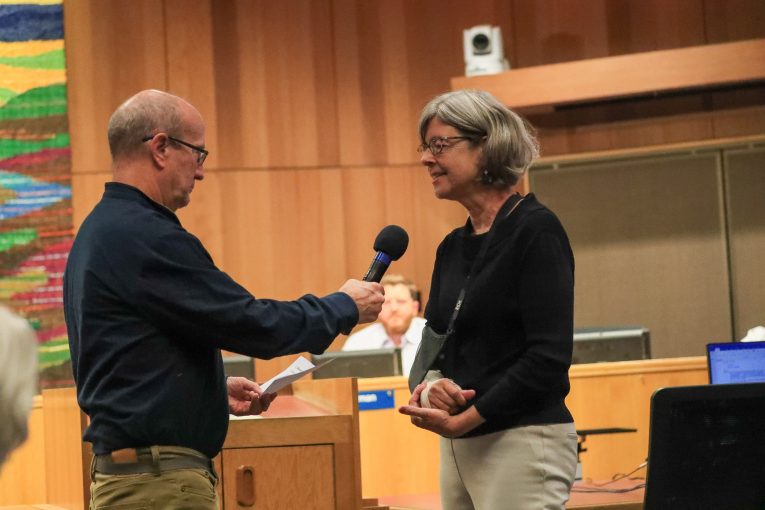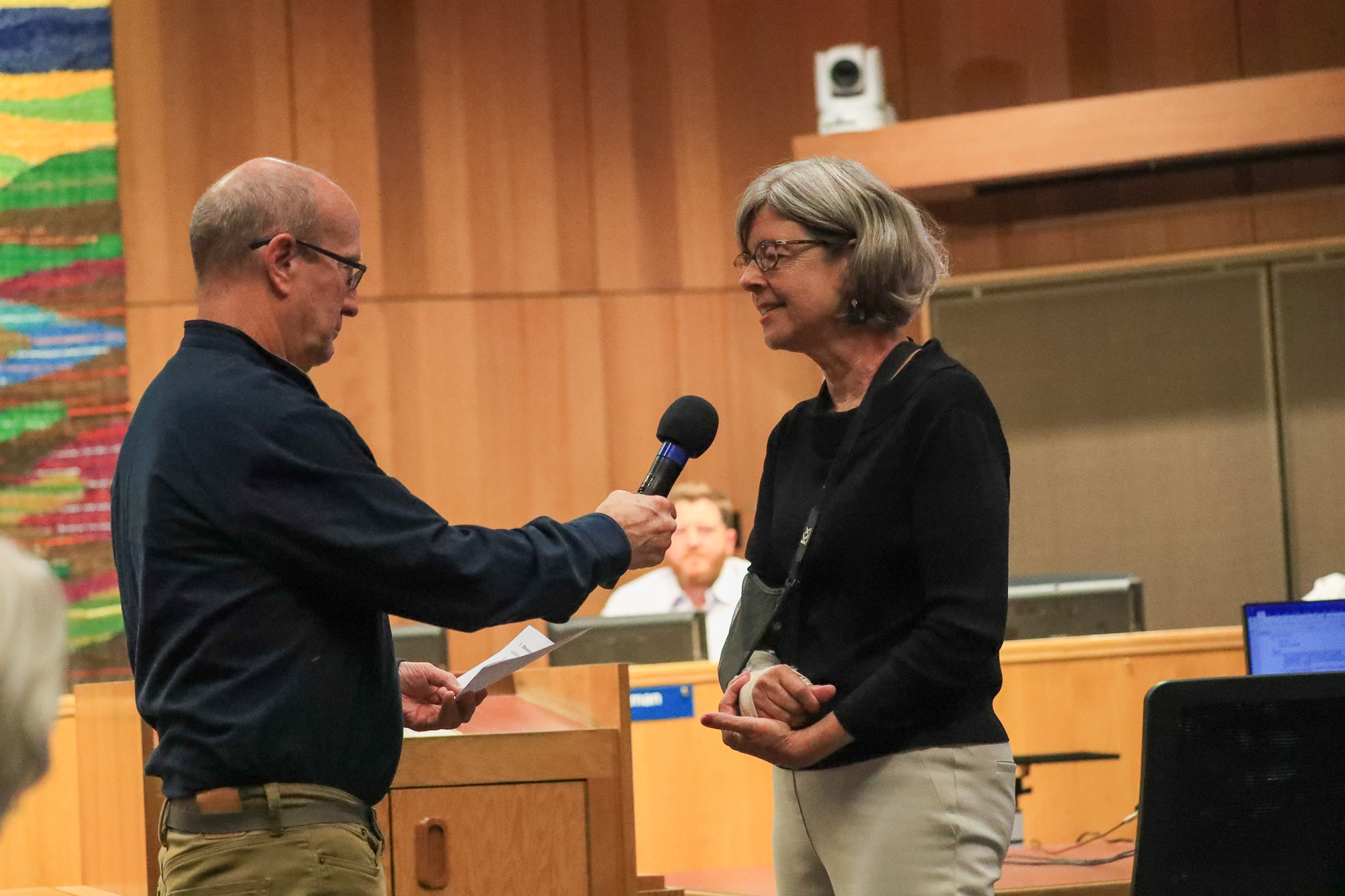

By David M. Greenwald
Executive Editor
Davis, CA – We are getting closer to finding out how many contested city council elections there will be in November.
Right now, as far as I know, there is one—the open seat vacated by Will Arnold where there are three announced candidates. Meanwhile, the other two district incumbents—Donna Neville and Josh Chapman—have no announced challengers. Granted, Neville was just elected last year—but still it’s worth tracking.
I keep hearing complaints about the current city council.
I just read in a letter in the Enterprise, for example: “We have perhaps the most unresponsive and irresponsible city council in California.” And while that’s probably on the more extreme end of things, we have heard quite a few complaints—simply go to the discussions over both the commission mergers and the sales tax to see ready examples.
When I have at times engaged on the issue, I get a laundry list of complaints about city government that go back usually a few years.
government that go back usually a few years.
But how deep do these complaints really go?
That’s an interesting question and something to definitely ponder in this election cycle—particularly as volatile as this election figures to be nationally.
If you go back to 2010, for instance, the elections have been remarkably stable. There have been just three incumbents over that time that have run for reelection who were defeated.
And even that may overstate things. Basically, in the elections of 2010 and 2012, the entire council that was in place from 2006 to 2010 turned over. That was completed in 2012 with the defeat of two incumbents.
So really in the last 10 years, we have seen one incumbent defeated. That was last year and that specific to a pretty sizable mistake on their part.
There is not even a clear example of an officeholder who declined to seek reelection due to electoral jeopardy. Indeed, most councilmembers have served two terms. The only one over the last decade to voluntarily only serve one was Robb Davis—arguably among the more popular councilmembers, who would likely have easily been reelected but declined to do so.
All of this suggests that at least over the last 10 to 15 years, we have not seen any evidence of deep-seated frustration by sizable portions of the electorate.
Does that change this year? Hard to know.
In 2022, for example, both incumbents faced challengers. Dan Carson, who filed a challenge in court to ballot language for the No on DISC campaign, was defeated later that year. Meanwhile, Gloria Partida, who supported DISC was relatively easily reelected.
As I noted, there are challengers lined up for the open seat that Will Arnold is vacating at the end of his second term, but not so far to take on the incumbents.
If we have an “unresponsive” and “irresponsible” city council why are we not seeing more turnover than we are? It’s an interesting question, particularly when the council has often been on the other side of the issue from the public on land use ballot measures.
Think about it, Measure J votes have by and large been defeated except for two in 2018 and yet, the voters have elected and most cases reelected the councils that put them there and it has taken pretty extreme circumstances to see a defeated incumbent.
There are a lot of explanations for this, potentially. One possibility is that people are largely disconnected from the community—in part because Davis has become more and more a bedroom community where people work elsewhere and are therefore disengaged during the day.
Another possibility—first suggested to me by former Councilmember Sue Greenwald—is that because of Measure J, voters do not have as much incentive to oppose the status quo and mainstream candidates.
Both of these explanations have something that lends itself to them, but neither in essence seems to capture the whole of what’s going on.
I probably favor a third explanation—most of the people angry at the council are the ones that are engaged but those people are fairly small in number. When an issue comes up that captures attention, the public and voters respond in kind—thus they may vote down a housing proposal or an innovation park, but are otherwise fairly content with the overall direction of the community.
But even that explanation has some holes. Overall, the trust measures for the community are relatively low and quality of life seems higher, but there are concerns about things like housing affordability—but not seemingly enough concern to rock the boat.
It’s an interesting phenomenon and we will be watching to see if things change this time around.


I don’t know that many people are angry. Some are upset about the commissions but mostly these are people whose sense of self importance feels threatened by those changes. Most of the people who seem to be the angriest have not been able to win at the ballot box but continue to exercise the outsized power they enjoy because of Measure J, enabling them to do the easiest thing in California politics, defeat ballot measures.
Well I believe the use of Measure J as a remedy to prevent urban sprawl IS voted on at the Ballot Box. With at large council elections, I only have a 1/5th vote to keep out candidates who are squarely in the hip pocket of powerful developers.
Who would you consider a “powerful developer” in Davis?
Why don’t you tell us David?
The reason I asked the question is I really don’t think there are any (but perhaps he can make a case otherwise or perhaps you can). Between Measure J and campaign finance limitations, I think powerful developer is a misnomer in Davis.